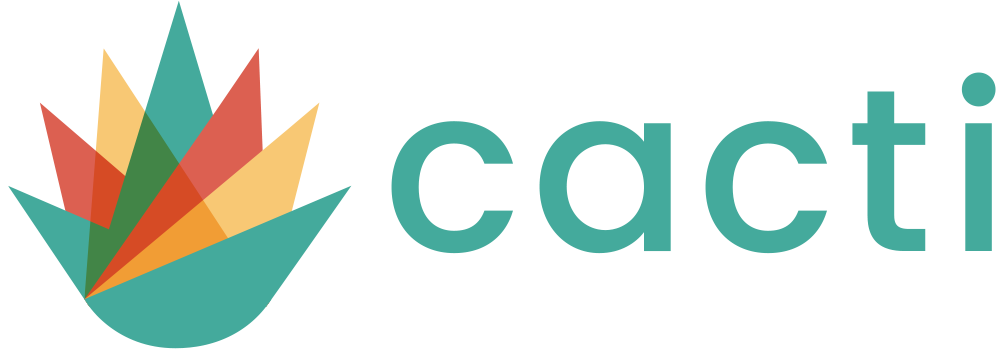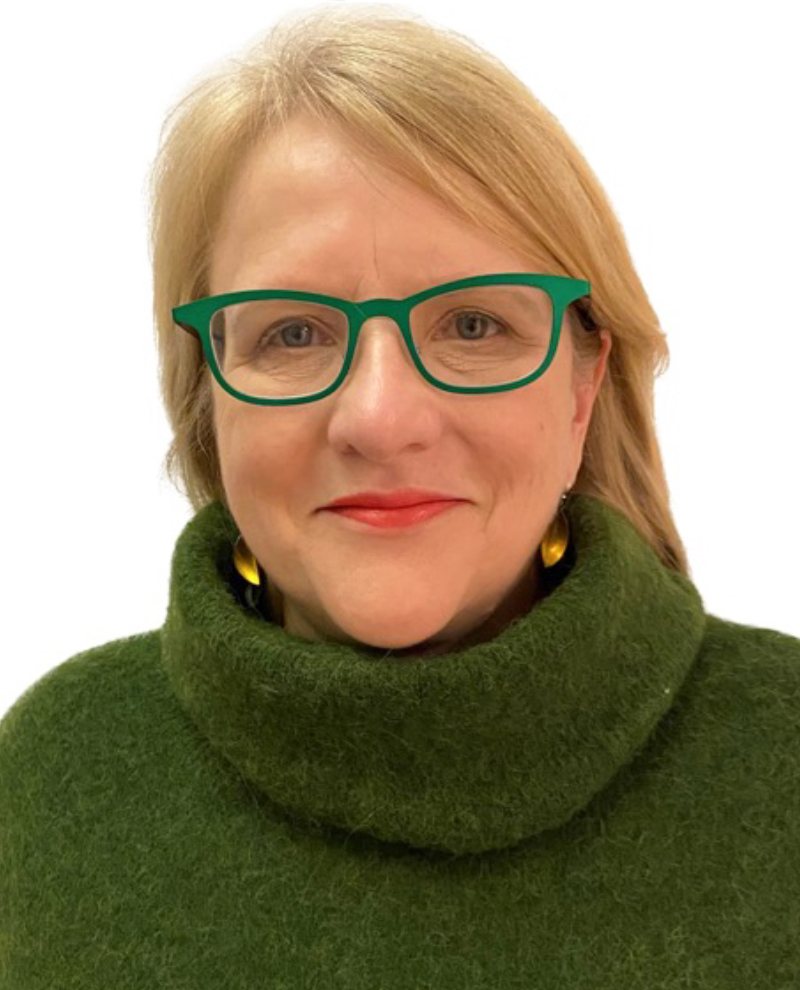ND diagnosis or self-identify as:
Dyspraxic and Dyslexic diagnosed in my late 40s, ADHD self-identify.
Current job title:
Professor of Leukocyte and Stem Cell Biology, Imperial College London.
Current job involves:
Scientific research -my own research developing drugs to help the body repair after injury, plus I have many collaborative interdisciplinary projects with Physcicists, Engineers, Material Scientists, Clinicians and Artists.
• Designing and delivering innovative teaching for University students- and working to make STEM teaching accessible for ND students.
• Public engagement with science eg Heart and Lung pop-up shops, Palaces -Art-science project, establishing a Charity 2eMPower, to deliver bespoke STEM workshops for young ND people
• Equality, Diversity and Inclusion work-to make STEM accessible to all- eg Director of the National Black Graduate Conference, Advocate for ND Scientists and STEM students
Degree/apprenticeship or route to current job:
BSc and PhD Pharmacology – Kings College London
After my PhD I did postdoctoral positions in University of California, San Diego for 4 years then in London at CRUK for 3 yrs. In 1995 I was awarded a Wellcome Trust fellowship and moved to Imperial to establish by own research group – I have progressed at Imperial to my current position as Professor.
What were your challenges in school?
Revising for exams was a challenge until I realised, I could remember things when I created colourful revision notes that were mostly pictures with very few words.
I did not get my grades to get into Uni- but was offered place because the admissions tutor was dyslexic and saw my potential – was one of 2 people to get a 1st for my degree.
What strategies/assistive technology do you use to help you in your work?
I use ppt to write essays/long reports- this way I can organise my thoughts into a linear structure.
My electronic calendar is really critical to ensure I am in the right place at the right time.
What ND skills have allowed you to succeed (or progress) in your STEM career?
Creativity – means that I am a very innovative scientist
I link disparate ideas and see the big picture, which means I enjoy working collaboratively across the disciplines, with Physicists, engineers and artists.
What advice would you give your younger self?
The skills you need to pass GCSE and A level science are different to those you need to be a real scientist. You don’t need to be able to recall lots of specific facts. A real scientist needs to be able to solve problems, to be innovative and think outside the box.
Do what you think is important and have a passion for. Don’t be scared to take risks – eg changing career direction.

